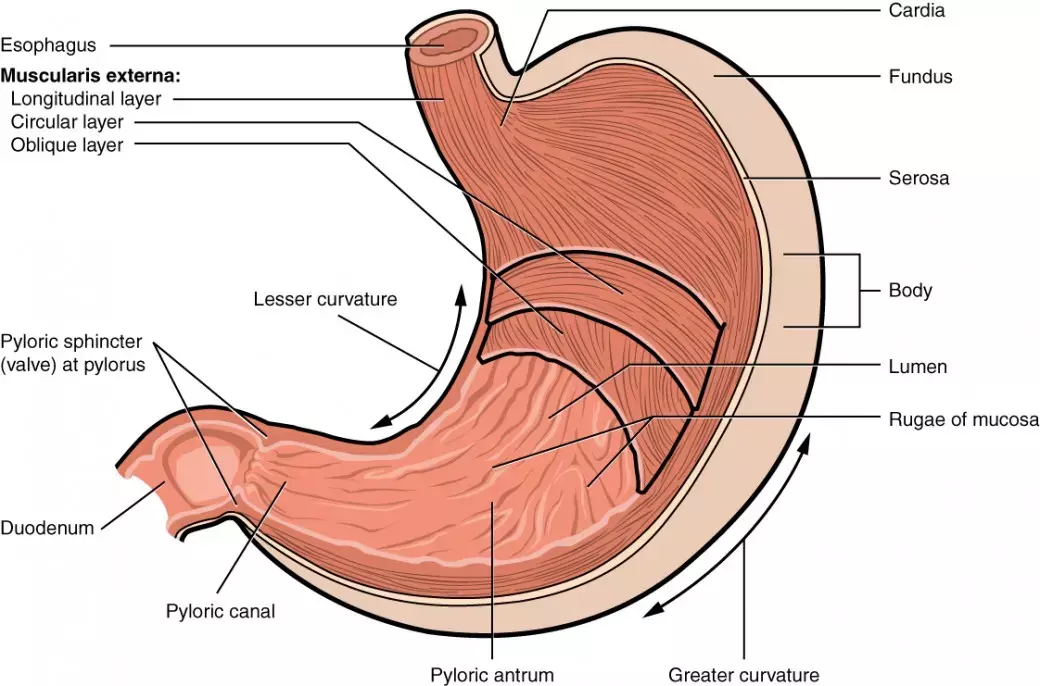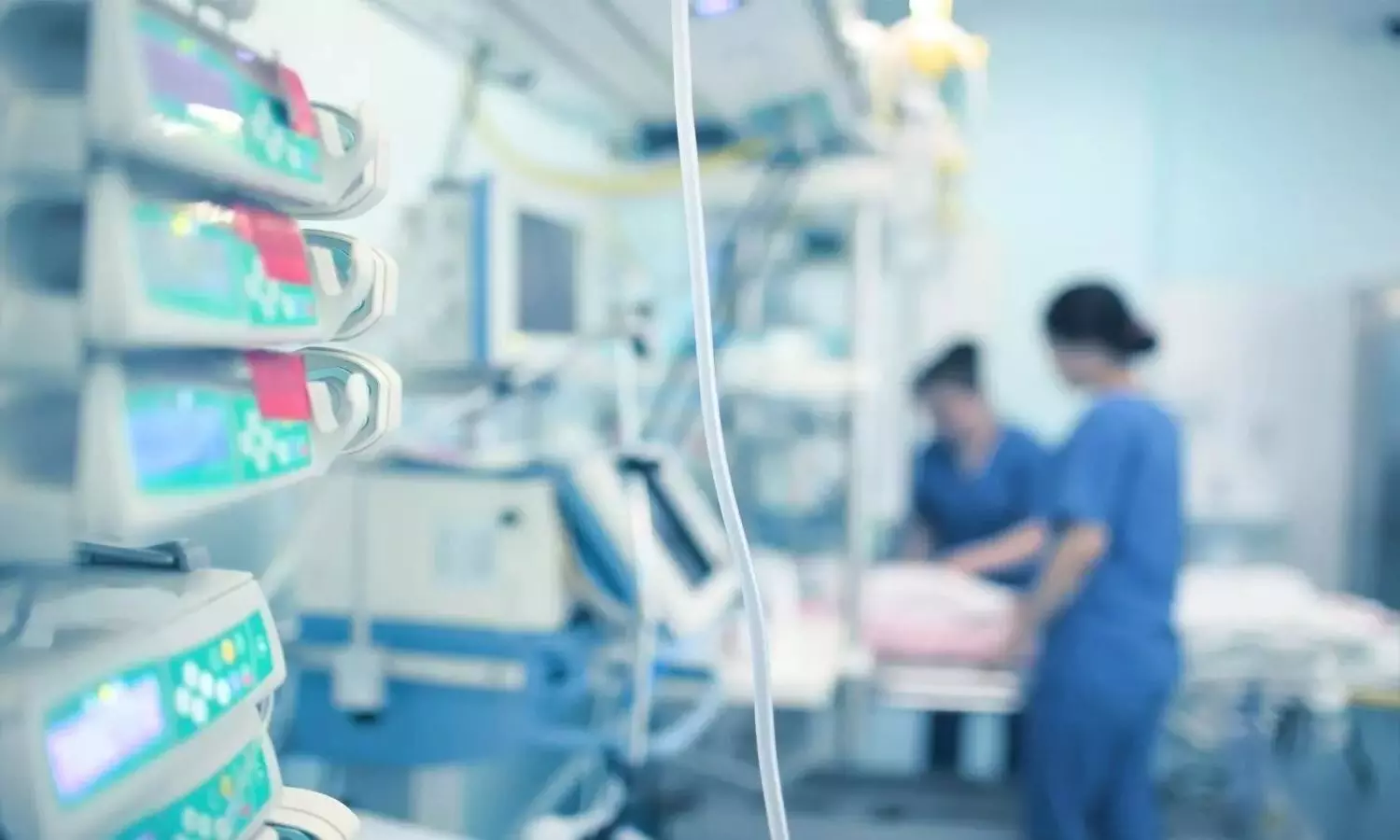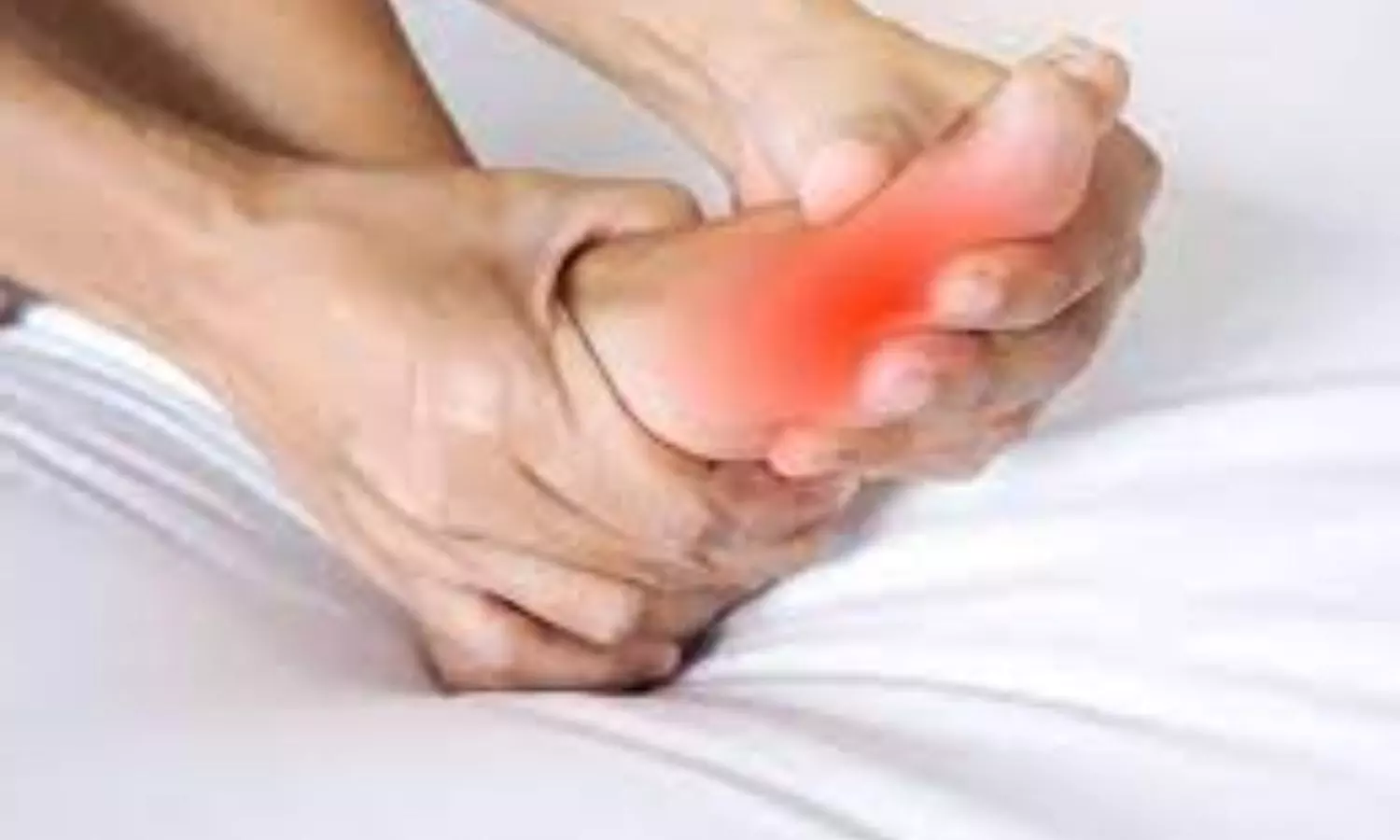- Home
- Medical news & Guidelines
- Anesthesiology
- Cardiology and CTVS
- Critical Care
- Dentistry
- Dermatology
- Diabetes and Endocrinology
- ENT
- Gastroenterology
- Medicine
- Nephrology
- Neurology
- Obstretics-Gynaecology
- Oncology
- Ophthalmology
- Orthopaedics
- Pediatrics-Neonatology
- Psychiatry
- Pulmonology
- Radiology
- Surgery
- Urology
- Laboratory Medicine
- Diet
- Nursing
- Paramedical
- Physiotherapy
- Health news
- Fact Check
- Bone Health Fact Check
- Brain Health Fact Check
- Cancer Related Fact Check
- Child Care Fact Check
- Dental and oral health fact check
- Diabetes and metabolic health fact check
- Diet and Nutrition Fact Check
- Eye and ENT Care Fact Check
- Fitness fact check
- Gut health fact check
- Heart health fact check
- Kidney health fact check
- Medical education fact check
- Men's health fact check
- Respiratory fact check
- Skin and hair care fact check
- Vaccine and Immunization fact check
- Women's health fact check
- AYUSH
- State News
- Andaman and Nicobar Islands
- Andhra Pradesh
- Arunachal Pradesh
- Assam
- Bihar
- Chandigarh
- Chattisgarh
- Dadra and Nagar Haveli
- Daman and Diu
- Delhi
- Goa
- Gujarat
- Haryana
- Himachal Pradesh
- Jammu & Kashmir
- Jharkhand
- Karnataka
- Kerala
- Ladakh
- Lakshadweep
- Madhya Pradesh
- Maharashtra
- Manipur
- Meghalaya
- Mizoram
- Nagaland
- Odisha
- Puducherry
- Punjab
- Rajasthan
- Sikkim
- Tamil Nadu
- Telangana
- Tripura
- Uttar Pradesh
- Uttrakhand
- West Bengal
- Medical Education
- Industry
Rising Concerns: Surge in Gastric Outlet Obstruction Cases Linked to Drug Abuse

In a stark and alarming trend, a medical center in India has witnessed a significant upswing in cases of gastric outlet obstruction (GOO) with drug abuse, emerging as a prominent contributing factor. The urgency to address this concerning surge prompted an observational study, conducted from September 2017 to February 2019, to delve into the incidence of abuse involving nonsteroidal anti-inflammatory drugs (NSAIDs) and synthetic opioids among individuals diagnosed with GOO.
The study was published in the Journal of the Association of Physicians of India.
The research, involving consecutive cases of GOO, aimed to comprehensively understand the extent of drug abuse's role in this debilitating condition. Each case underwent a thorough examination, including detailed drug addiction histories and clinical assessments. Diagnostic investigations spanned routine biochemical and hematological tests, upper gastrointestinal endoscopy (UGIE), ultrasonography, rapid urease test (RUT), and meticulous histopathological analysis of the affected areas.
Findings:
- Out of the 102 diagnosed cases of GOO, a staggering 60.78% (62 cases) had a documented history of drug addiction.
- Further breaking down the drug addiction patterns revealed a prevalence of combined NSAIDs and opioid abuse in 56 cases, opioids alone in four cases, and NSAIDs alone in two cases.
- Intriguingly, the second part of the duodenum emerged as the most commonly affected site, underscoring the severity and complexity of these cases.
- Histopathological examinations offered deeper insights, uncovering mucosal ulcerations infiltrated by eosinophils, plasma cells, and lymphocytes.
The study's revelations point towards a pressing issue within our community – the growing incidence of GOO linked to the abuse of NSAIDs and opioids. It is not merely a statistical concern but a human concern, reflecting the real impact on individuals' lives. The high prevalence of drug addiction histories among diagnosed cases raises urgent red flags, prompting healthcare professionals and policymakers alike to consider immediate and targeted interventions.
BDS, MDS
Dr.Niharika Harsha B (BDS,MDS) completed her BDS from Govt Dental College, Hyderabad and MDS from Dr.NTR University of health sciences(Now Kaloji Rao University). She has 4 years of private dental practice and worked for 2 years as Consultant Oral Radiologist at a Dental Imaging Centre in Hyderabad. She worked as Research Assistant and scientific writer in the development of Oral Anti cancer screening device with her seniors. She has a deep intriguing wish in writing highly engaging, captivating and informative medical content for a wider audience. She can be contacted at editorial@medicaldialogues.in.
Dr Kamal Kant Kohli-MBBS, DTCD- a chest specialist with more than 30 years of practice and a flair for writing clinical articles, Dr Kamal Kant Kohli joined Medical Dialogues as a Chief Editor of Medical News. Besides writing articles, as an editor, he proofreads and verifies all the medical content published on Medical Dialogues including those coming from journals, studies,medical conferences,guidelines etc. Email: drkohli@medicaldialogues.in. Contact no. 011-43720751




